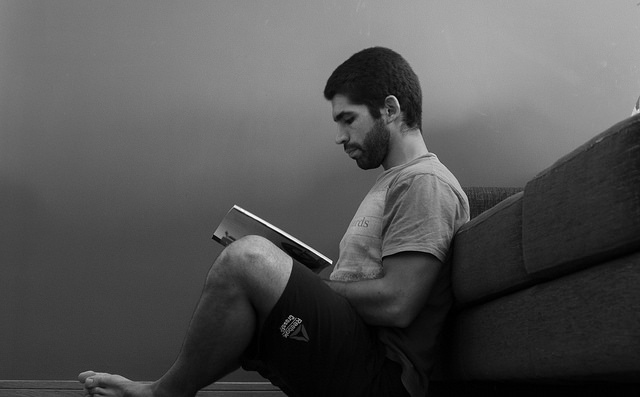
Also known as, how to be a good seminar participant.
Because our lives are filled up with many instances of learning, how then do you make the most out of your learning experience?
I admit, the traditional school setup does not teach us to be good students. Being a good student equated to doing all the work, absorbing all the information, and sucking up to the teacher.
Ugh.
How then, to be a good and effective student?
What do you want to learn?
When you get into a learning situation and opportunity, people don’t stop to take stock of what is it that they want to learn.
People usually want to have new experiences, to be able to gain new skills and practices that would help them, but what is it exactly?
The more focused you are on the outcome of what you want to gain in every learning opportunity, the easier time you will have when it comes to figuring out how to apply, implement, and understand that which you want to learn.
I remember many learning opportunities that I used to enjoy, but didn’t take full advantage of, because I didn’t have a clear idea of what I wanted to take away, and how I would concretely apply what I was learning.
For example, it wasn’t just “Learn project management so I can prepare for my wedding.”, but rather, “Learn how to prepare our dream wedding using the budget and resources we have available.”
Be specific. Be concrete.
Learning then becomes focused when you have a clear, tangible, and time-bound goal in mind.
Understand the fundamental principles
When we’re learning, we’re usually doing it in some context or background, to make the learning more concrete, and a bit easier to teach and understand as well.
But don’t be locked in to the context that the material is presented in, but seek to understand the basic principles that make it work.
Because the practices and tactics may no longer be applicable, due to the changing nature of our world, but the principles, of which new practices can be based on, will still apply.
What makes the actions, tactics, and practices, work?
It’s like farming. You know that you can’t just plant a week before the harvest, and then try to cram your hardest to make the crop grow right away.
There are principles that you have to respect and use to their full effect. The law of the harvest, states that you reap what you sow, and that you need time and effort to make what you sow, mature to fruition.
What makes things work, and what principles enable the things and practices to work?
Think of application
When you have a learning opportunity, while seeking to understand the principles, and the concepts of what is being taught, already think about how you’re going to apply them, and what you’ll need to be able to apply the learning.
In the moment of the learning session, this is the closest to be able to make the rubber hit the road. Think of ways to apply the learning already, and to find ways to get to understanding sooner.
When you apply what you have learned, you improve learning and retention of the lessons.
When you think of application, you already jumpstart your ability to integrate your learnings into what you do, and you’re able to make use of the learning, sooner.
When you do this, you’re already planning out where and when you’re going to apply the learning, which makes the probability of you actually doing it, skyrocket.
Challenge assumptions
As the proverb goes, “How can you fill up a cup, when it is already filled? One must empty it first, for it to be filled anew.”
Our assumptions are what block us from absorbing new learning and lessons, because assumptions precisely tell us:
“I already know, so why should I listen?”
Challenge your own assumptions, because not everything is what they seem first, especially when it comes to what people are saying, and how they say it.
We may assume that we know, but when we begin to apply, and share, and teach, we find that we might have assumed too much.
For example, the assumption that everyone thinks the way that we think, and that how we speak, is how they speak as well.
Take time to listen well, and to challenge your own assumptions.
Be brave, and clarify what other people are saying. Clarify their assumptions as well.
Don’t be afraid
Because learning comes form openness, and not from judgement.
Don’t be afraid to not know, and to find out, even if it seems complicated and confusing.
Don’t be afraid to find out, even when it flies in the face of all you know.
Don’t be afraid to learn. It becomes the new foundation upon which all next knowledge and wisdom will be based.
Wisdom which will become the basis of how you live your life.
Any tips on how to be a good student? Please share in the comments below!

Leave a Reply